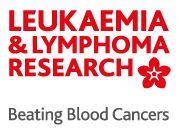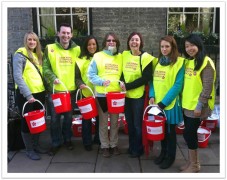
Submitted by M. Zappone on Thu, 17/11/2016 - 15:03
Professor Bertie Gottgens and his team of researchers have been awarded a grant of £1.3m by the blood cancer charity Leukaemia & Lymphoma Research for a new research programme which they hope will lead to the discovery of new treatments that will help rewire the faulty ‘switches’ that inadvertently cause the most common aggressive leukaemia in the UK.
The group will study a group of proteins called ‘transcription factors’ to establish new ways to treat acute myeloid leukaemia (AML). Transcription factors control the cell’s behaviour by switching genes on and off, but can go wrong when mutated. Here, gene switches ‘get their wires crossed’ and turn on the wrong genes. This changes the cell’s behaviour, making it cancerous and is often a cause of AML. The mutations that cause AML occur in immature blood stem and progenitor cells.
Professor Gottgens and his team aim to discover how the gene switches become faulty and what they do within the cancerous cells. The team will begin to understand the large networks of proteins within the cell to see how transcription factors interact in normal as well as cancerous cells. From this they will devise potential treatments that will rewire and fix the faults in the gene switches.
In the UK there are 2,200 new cases of AML each year and the outlook for the blood cancer still remains poor.
Visit the "Leukaemia and Lymphoma Research" website for more information.

Members of the Gottgens group getting ready to fund-raise in Cambridge as part of Sir Ian Botham's 2012 charity walk for Leukaemia and Lymphoma Research

